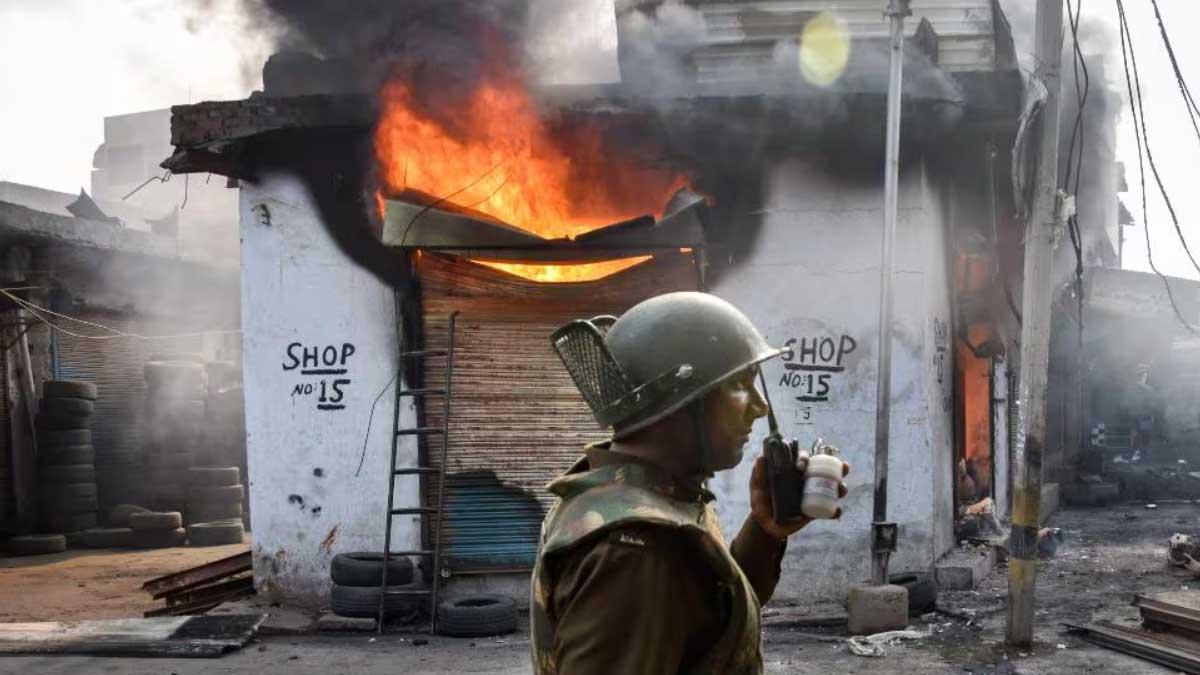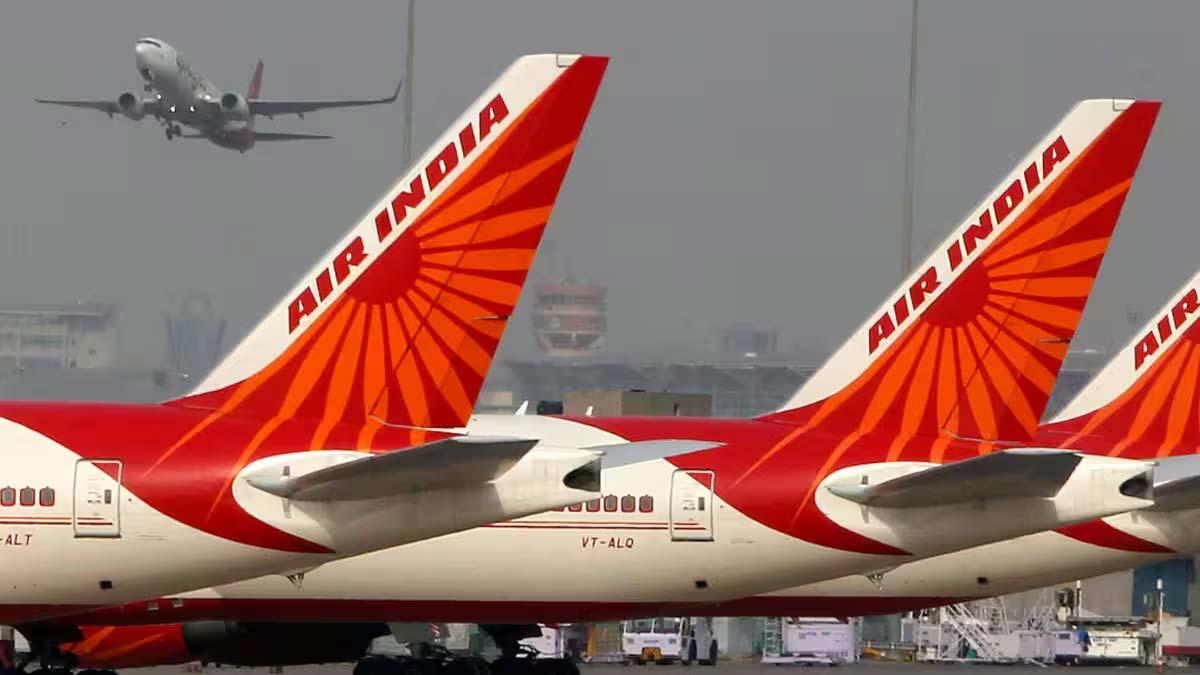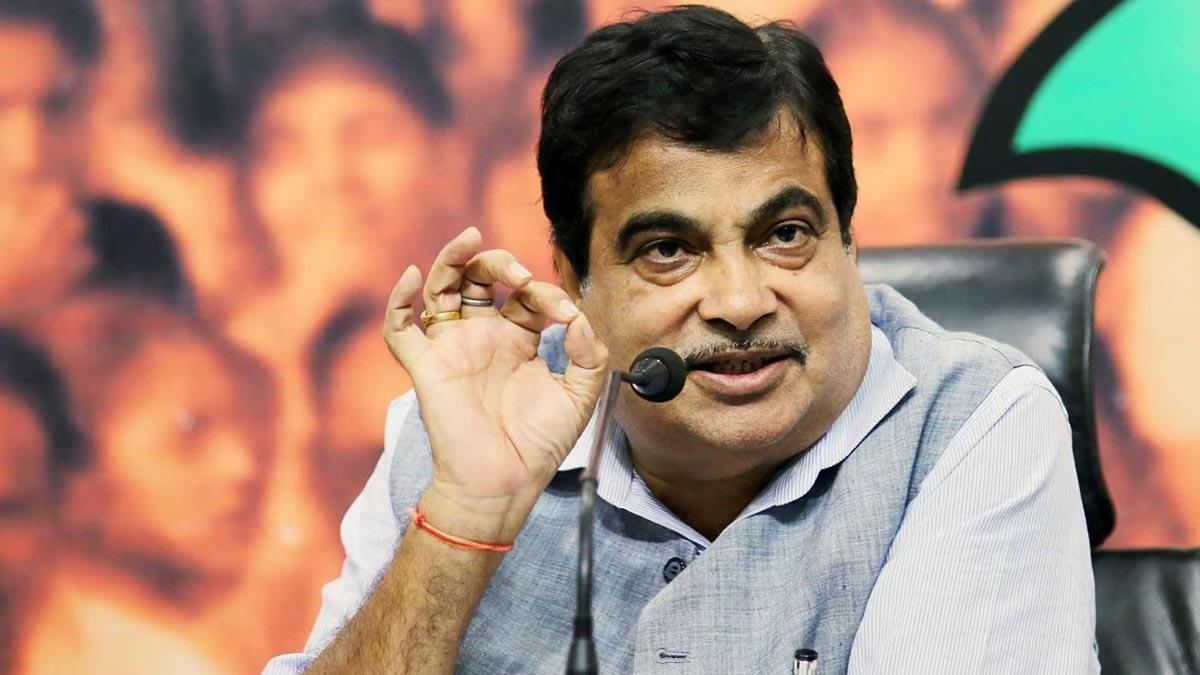The Delhi High Court has declined to grant bail to a defendant in a UAPA case associated with the alleged broader conspiracy behind the 2020 communal riots in the city. The court, led by Justice Suresh Kumar Kait, emphasized that a violent public demonstration transcends the constitutional right to protest and becomes a punishable offense under the law.
According to the court's order released on Tuesday, there is substantial evidence indicating that the accused, Salim Malik, who purportedly incited locals in the name of religion to disrupt harmony, was involved in a "deep-rooted conspiracy" as a co-conspirator. The court noted that protest sites were given names to impart a secular appearance, and the aim of the conspirators was to escalate the protests to "chakka jam" and incite the mobilized crowd to engage in violence.
During meetings held on 20/21.02.2020 at Chand Bagh and subsequently on 22/23.02.2020, attended by the appellant and other accused, discussions openly revolved around riot-like violence and the burning of Delhi, which the court deemed unacceptable in any democratic society. The bench, which also included Justice Manoj Jain, highlighted discussions about finances, procurement of arms, obtaining petrol bombs for causing harm, arson, and destruction of CCTV cameras in the area.
The court underscored that the perpetrators and conspirators of such riots had learned from previous similar incidents, notably those in December 2019, with the objective of escalating protests to chakka jam and inciting the crowd against the police and others.
Based on the factual circumstances and witness statements, the court concluded that the accusations against the accused constituted a "prima facie true" case, invoking the bail embargo under Section 43-D(5) of UAPA.
Several individuals, including Sharjeel Imam, United Against Hate founder Khalid Saifi, Umar Khalid, and the present accused, have been booked under UAPA and Indian Penal Code provisions for allegedly masterminding the February 2020 riots in North-East Delhi, resulting in 53 deaths and over 700 injuries during protests against the Citizenship Amendment Act (CAA) and National Register of Citizens (NRC).
Malik, arrested in June 2020 under the present UAPA FIR, challenged a trial court's October 2022 order denying him bail. His counsel, senior advocate Salman Khurshid, argued that no case under UAPA was established against him, asserting that he was merely overseeing the kitchen backstage and not involved in inciting the protestors.
However, the special public prosecutor, Amit Prasad, alleged that Malik actively participated in the riots, being part of an unlawful assembly leading to violence, deaths, injuries to the public, and police officials. The court noted allegations that on February 23, 2020, Malik and other protestors blocked a road in Jafrabad, and as per a protected witness, Malik was in charge of destroying or covering CCTV cameras in the area.
Rejecting the bail plea, the court emphasized that the riots stemmed from a deep-rooted conspiracy, involving moving from protest sites to designated locations to block main roads and highways, resulting in confrontational situations and communal violence. It further noted the organization of violence, including attacks on police and paramilitary forces, and damage to public and private property using various weapons and tools.
The court cited a previous Supreme Court case, highlighting that while Articles 19(1)(a) and (b) grant citizens the constitutional right to freedom of speech and expression, including public demonstrations, such demonstrations become punishable offenses under the law when they turn violent, causing damage to public and private properties and endangering lives.
The court clarified that at this initial stage, when the trial court is yet to determine the charges, witness statements must be taken at face value. It referenced the contents of a Supplementary Charge Sheet to illustrate the manner in which rioters, within minutes of disabling the last CCTV camera, committed atrocities resulting in the death of Head Constable Rattan Lal and severe injuries to various police personnel, including DCP Shahdara, Delhi.
Read also | Ghazipur Landfill Fire Triggers Political Debate, Efforts to Douse Flames Persist
Read also | Siachen: India's Epicenter of Valour, Sacrifice, and Courage, Says Rajnath Singh


















